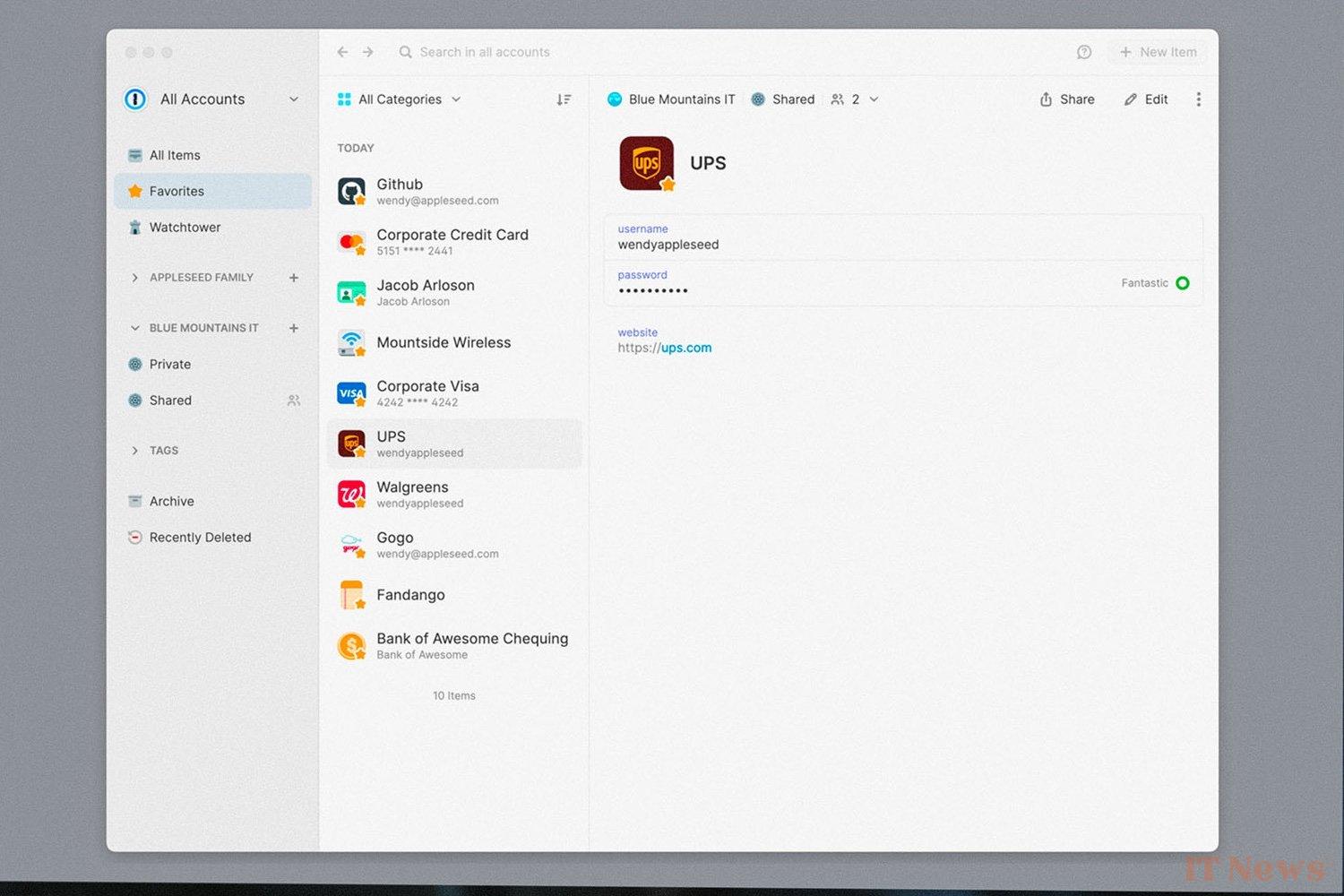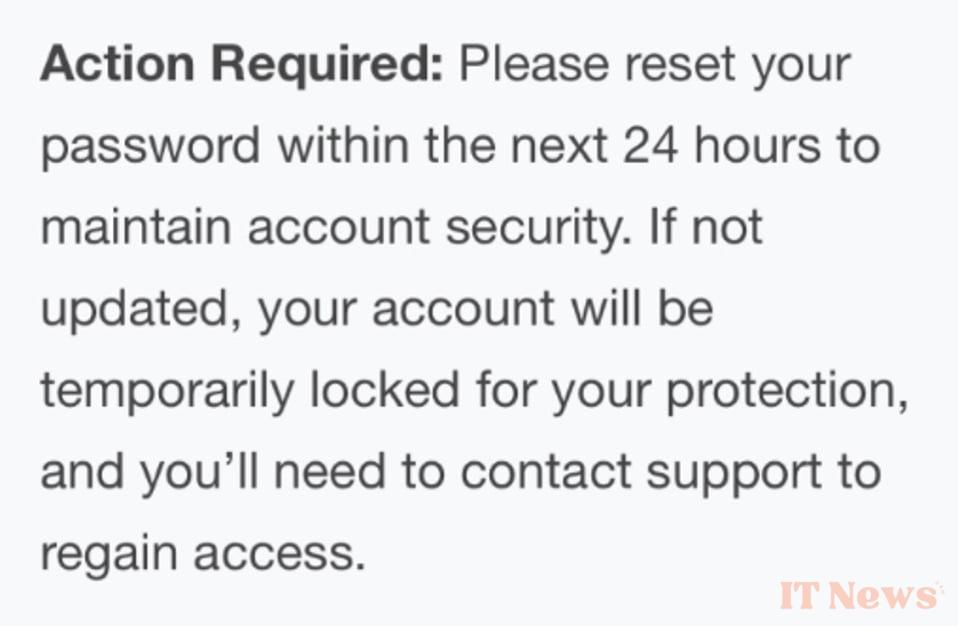Several internet users reported the fraud attempt on social media, sharing screenshots of the suspicious message. It has the subject line "Action Required: Reset your password" and claims that a 1Password monitoring system has detected an account compromise. The message emphasizes the urgency: "Please reset your password within 24 hours to ensure the security of your account. If you don't, your access will be temporarily suspended.»
A scary (but fake) fake message
The email contains a reset link that directs to a fraudulent site imitating the 1Password interface. Once on this page, the victim is prompted to enter their master password and secret key, two essential elements for accessing its password vault.
Users have been concerned about a potential data breach at 1Password, with fraudulent emails being sent to addresses associated with their accounts. The company responded quickly, denying any security breach. Pedro Canahuati, 1Password's chief technology officer, confirmed that this phishing attempt was not the result of any intrusion into their systems. "We immediately launched an investigation, reported the activity, and requested the removal of the fraudulent domains," he explained. To avoid falling into the trap, a few simple rules should be followed: never click on a reset link sent by email, but rather access the official website directly by typing the address into your browser. Furthermore, 1Password will never request the secret key by email, as it is only stored on the user's devices.
To spot this type of scam attempt, there are several clues to look out for. First, the sender's email address: fraudulent messages come from unknown domains and not from the official 1Password website. Second, the urgency emphasized in the message is a classic sign of phishing: fraudsters want to push their victims to act quickly without thinking. Finally, any unusual request, such as entering the key secret, should raise an alarm.
If in doubt, it's best to check directly on the official website or contact 1Password support. Not giving in to panic remains the best defense against this type of ploy. A good reflex to adopt in the face of increasingly sophisticated cyber threats.




0 Comments